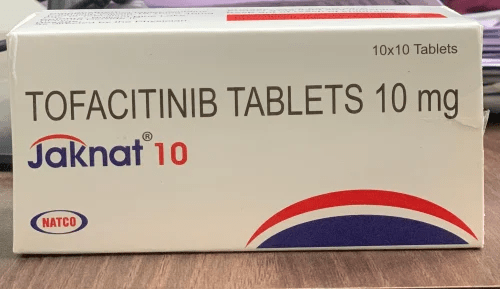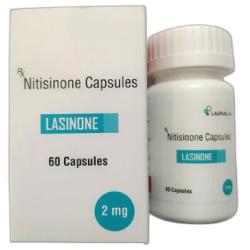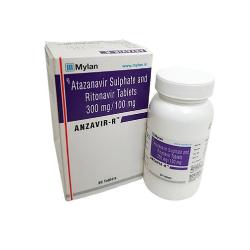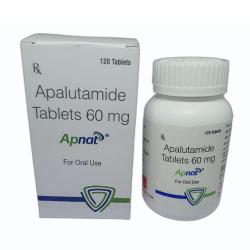Description
Tofacitinib Citrate Tablet and its formulations are medications that work by inhibiting a specific protein called Janus kinase (JAK). They are used to treat various conditions in adults and children:
- Rheumatoid Arthritis: For adults with moderate to severe rheumatoid arthritis who haven’t responded well to or couldn’t tolerate TNF blockers.
- Psoriatic Arthritis: For adults with active psoriatic arthritis who didn’t respond well to or couldn’t tolerate TNF blockers.
- Ankylosing Spondylitis: For adults with active ankylosing spondylitis who didn’t respond well to or couldn’t tolerate TNF blockers.
- Ulcerative Colitis: For adults with moderate to severe ulcerative colitis who didn’t respond well to or couldn’t tolerate TNF blockers.
- Polyarticular Course Juvenile Idiopathic Arthritis: For children aged 2 years and older with active polyarticular course juvenile idiopathic arthritis who didn’t respond well to or couldn’t tolerate TNF blockers.
It’s important not to use Tofacitinib tablet in combination with certain other medications, like biologic DMARDs or strong immunosuppressants such as azathioprine and cyclosporine.
Dosage and Side Effects
Tofacitinib should be taken orally every day around the same time, with or without food. Tofacitinib tablets should be taken whole with plenty of water. The tablets are not to be opened, damaged, or chewed.
Upper respiratory tract infection, nasopharyngitis, diarrhea, and headache are the most prevalent side effects of tofacitinib in patients with rheumatoid and psoriatic arthritis.
Nasopharyngitis, high cholesterol levels, headache, upper respiratory tract infection, increased blood creatine phosphokinase, rash, diarrhea, and herpes zoster are the most common adverse effects to ulcerative colitis.
FAQ's
What is Tofacitinib used for?
Tofacitinib is primarily prescribed for various autoimmune conditions like rheumatoid arthritis, psoriatic arthritis, and ulcerative colitis. It helps to alleviate symptoms and reduce inflammation in these conditions by inhibiting certain enzymes in the body.
What are the potential side effects of Tofacitinib?
While effective, Tofacitinib may have side effects. Common ones include headaches, diarrhea, and upper respiratory tract infections. Serious side effects could include increased risk of infections, liver problems, and even blood clots. It’s crucial to discuss these risks with a healthcare professional before starting treatment.
Who should avoid or be cautious while taking Tofacitinib?
Individuals with a history of chronic infections, liver problems, certain cancers, or those at high risk of blood clotting should use Tofacitinib cautiously or avoid it altogether. Additionally, people with ongoing infections or those planning pregnancy should discuss risks and benefits thoroughly with their healthcare provider.






